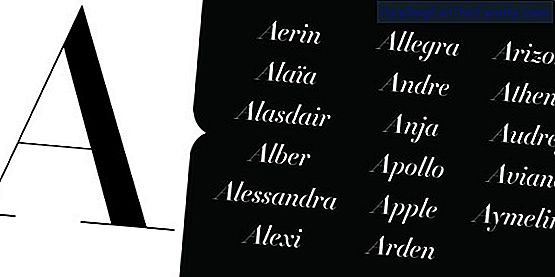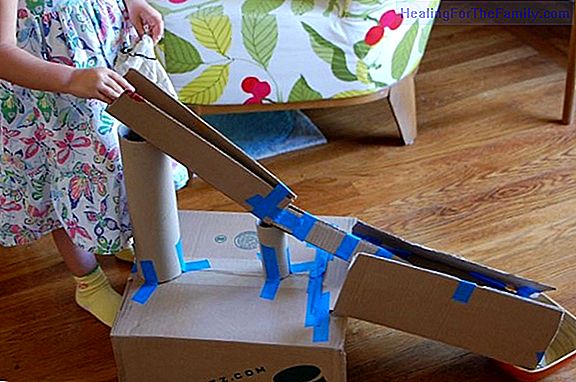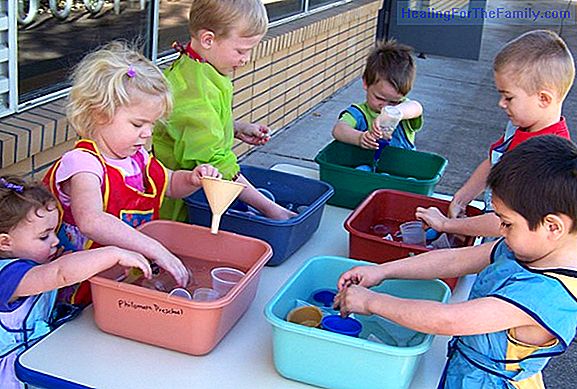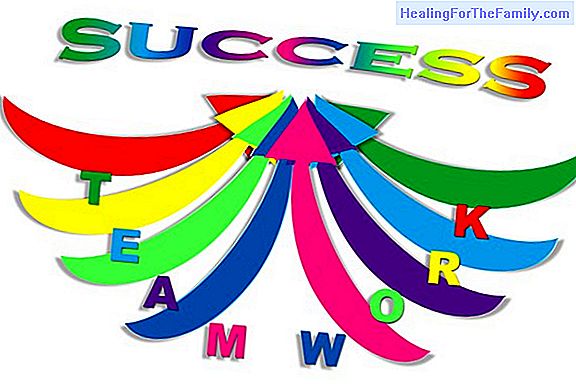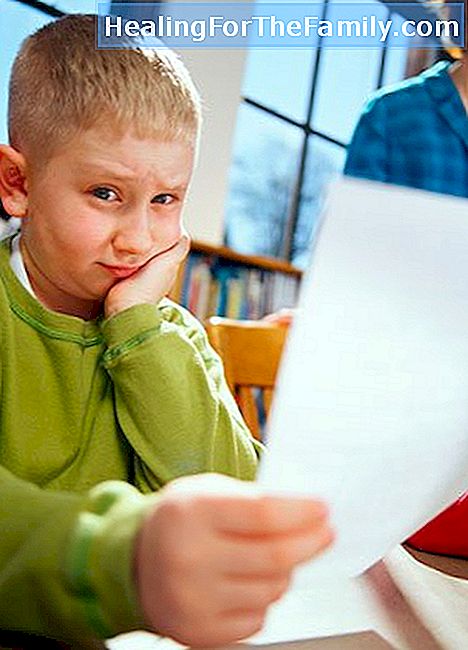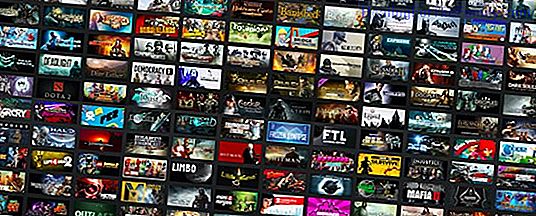What the 4-year-old learns
When the children are four years old, they make a leap in development and begin to understand things differently. All the learnings are interesting for children of 4 years and for this reason it is the great age to be able to inculcate good reading habits as well as any good habit related to health
When the children are four years old, they make a leap in development and begin to understand things differently. All the learnings are interesting for children of 4 years and for this reason it is the great age to be able to inculcate good reading habits as well as any good habit related to health or well-being (brushing teeth, dressing alone, etc).
Although children are 4 years old, we must remember that each one has its own rhythm and that it is very important to bear in mind that comparisons with other advances of other children at the same age is not a model for children to follow. Even so, there are some lessons that are general at this age.
15 things a child with 4 years old learns
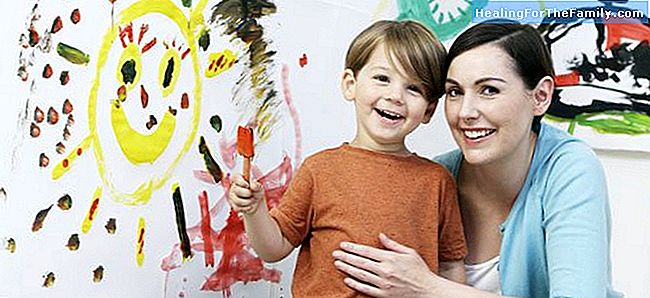
1. At this age they have greater self-control and ingenuity for the world around them. Their game is more complex and imaginative and they like to try new experiences.
2. They want to be more self-sufficient and like to be responsible and make decisions in their life.
3. In the language they begin to have a great advance, they begin to communicate with complex and compound sentences, with few errors of pronunciation and they expand their vocabulary on a daily basis.
4. They are able to initiate conversations without changing the subject to their areas of interest.
5. They can understand multi-step instructions with things they can see. Compart 6. They share personal experiences without the adult having to insist that they do so, it is the ideal age to continue instilling confidence in conversations.
7. They begin to build their knowledge in written language, they want to know what words are and what they say. Many children at this age will understand that letters represent sounds that form words and may begin to associate some sounds with their letters. En 8. As for writing, they will be able to write some letters and know that the writing goes from left to right and from top to bottom.
9. They will have a greater capacity for mathematical learning with good logical reasoning for everyday problems. They can count to ten and recognize the numbers up to 4.
10. Although they still can not tell the time they will be able to know and recognize some geometric shapes, as well as the days of the week, the months and the seasons. Tienen 11. They have an improvement in their gross motor skills (walking, climbing, jumping, etc.) and their fine motor skills (they will be able to hold writing tools).
12. Improve hand-eye coordination so they can do puzzles, play with small pieces of toys (knowing that they should not put it in their mouth, etc.).
13. They will learn to dress and undress without any help.
14. They begin to separate reality from fantasy.
15. Emotionally, they continue to learn to understand their own feelings and those of others, and to realize that others can react differently and begin to better handle more intense emotions.

